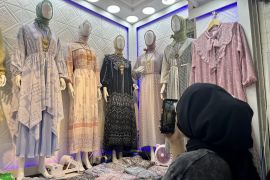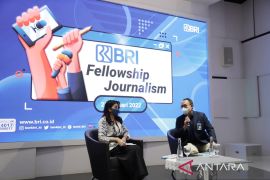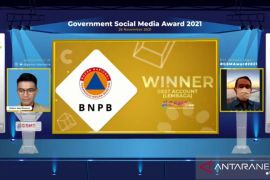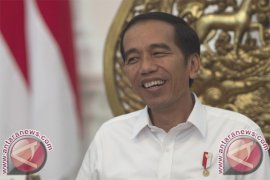Jakarta (Antara Bali) - Social media channels, such as Facebook and Twitter, serve as an effective means of political education, political observer Muradi of the Bandung-based University of Padjadjaran said.
"The phenomenon of the social media, particularly with regard to the presidential election, is quite interesting. There is an extraordinary dynamism, where by users of this medium discuss or debate about political issues," Muradi said when contacted from here on Wednesday.
However, he said many users did not clarify news items or information they received from social media channels. This has become a problem in the cyber world.
"Probably only about 30 percent sought clarifications or checked and rechecked the news or information they received," the political observer added.
He said most of the social media users belonged to people from the middle class and were well-informed.
"They control information on the social media and have access to it 24 hours. Therefore, they have to be critical and analyze the superiority and shortcomings of the presidential candidates proportionally," he added.
He stated that all discussions and debates raised on social media will not benefit candidates who were competing. The party who is enjoying the benefit is the social media users, who receive information from the candidates.
Social media has become one of the mediums used by candidates to launch their campaigns for the presidential election on July 9, 2014, Muradi asserted.
Campaigns are being launched not only by the success teams of the presidential candidates but also by their supporters and sympathizers who are active on social media.
However, campaigns conducted through social media are not free from malicious or black campaigns, because it is often used to attack a candidates personality from the point of view of religion, ethnic origins, race and groups.
Currently, there are two presidential and vice presidential candidate pairs, Joko Widodo-Jusuf Kalla and the Prabowo-Hatta Rajasa, who will contest in the July 9 presidential election.
The Joko Widodo-Jusuf Kalla duo is supported by the Indonesian Democratic Party of Struggle (PDIP), the National Democrat Party (Nasdem), the National Awakening Party (PKB), and the Peoples Conscience Party (Hanura) with 207 seats or 36.96 percent of the House of Representatives (DPR)s 560 seats.
The Prabowo-Hatta duo is supported by the Greater Indonesia Movement (Gerindra), the Golkar Party, the National Mandate Party, the Prosperous Justice Party, the United Development Party (PPP), and the Crescent and Star Party (PBB) with 292 seats or 52.14 percent in the parliament. (WDY)






